
Mangalore, July 7: Harekala Hajabba, an orange vendor from Mangalore who has become a harbinger of educational revolution in a remote village on outskirts of the city has another honour coming to him.
As a mark of respect to his selfless service first year B.Com of Mangalore University will include lesson on Harekala Hajabba after the academic council of Mangalore University approved revision of syllabus for Kannada and optional language subjects taught in the first year of under-graduation courses.
The lesson is an extract from budding writer Ismat Pajeer's Kannada work 'Harekala Hajabbara Jeevana Charitre'.
Hajabba, who is an illiterate, had dreamt of spreading education among children in his village. With money earned for selling oranges, he started 'Newpadpu ZP higher primary school'.
The 51-year-old man's unusual saga of struggle and success has already been included in the Kannada textbook for the students of the Davanagere and Shimoga universities.
The proposal of revised syllabus was accepted at a special meeting of the Academic Council of Mangalore University on Saturday. University Vice-Chancellor T.C. Shivashankara Murthy said poems, dramas, short stories, and excerpts of novels by writers such as M. Gopalkrishna Adiga, M. Vijaybhanu Shetty, B.A. Vivek Rai, S.V. Parameshwar Bhatta, and Na. D'Souza among others will find space in new textbooks alongside Ranna, Pampa, M. Govinda Pai, and Kuvempu.
He said that 11 textbooks have been prepared by the Kannada Board of Study. About 29 teachers from different colleges have worked in drafting the textbooks. The textbooks have been given the names of well-known poets hailing from the region. The textbooks are 'Beru Belli' —Kadengodlu Shankara Bhat (poems and collection of plays), 'Sobagina Balli'— Muliya Thimmappayya (collection of prose), 'Kendavare' —Gopalakrishna Adiga (poems and collection of plays), 'Surahonne'-Prof S V Parameshwar Bhat, 'Gilivindu'-M Govinda Pai (poems and collection of plays), 'Nudivani' - Kolamba Puttannagowda (collection of prose), 'Aikyagana' —Kayyara Kinhanna Rai (poems and collection of plays), 'Thenkanagali'— Panje Mangesharao (collection of prose), 'Kaveri'—Bharathisutha (poems and collection of plays), 'Huthari'- I Ma Muthanna (collection of prose) and 'Lokadeepa'—Sediyapu Krishna Bhat (poems, prose and collection of plays).
The 'Prasaranga' of the University had started publishing Kannada textbooks in 1992. However, after 1992, the publication of textbooks stopped. It was in 2002, the Prasaranga of the university once again started publishing Kannada textbooks for the degree colleges. Accordingly, 10 textbooks were published in 2006, seven in 2007, eight in 2010 and 11 in 2011-12.
Chief Editor of Kannada textbooks Dr Abhaykumar and Member Dr Sathyaranarayana Mallipattana said the editorial board collects best of all forms of literature. In all about 96 poems, 72 essay articles and six plays have been included. Priority has been given to the writers coming under the jurisdiction of Mangalore University.
The Academic Council also gave its nod to sanction additional 10 seats for M.Sc Chemistry course at St Agnes College, Mangalore with a condition for fulfilling the requirement.
The Local Inspection Committee (LIC) in its report had said that the library does not have adequate books and laboratory facilities needs to be improved to sanction additional 10 seats to the already existing 20 seats to the course.
The Council also declined to give nod for extending affiliation for starting BCA course at Government First Grade College, Kushalnagar, during the academic year.
The LIC in its report had said that there was no space in the college to start BCA course during 2013-14. However, an additional section for the B.Com degree can be granted. The government had sanctioned extending of the existing building. However, the construction work is yet to begin. Accordingly, the BCA course can be started in the next academic year.
Registrar Dr Yadapadithaya, Registrar (Evaluation) Dr B Narayana and Finance Officer Dr Pakkeerappa were present.
Also Read: “Akshara Santha” Hajabba's saga now a textbook lesson at two universities






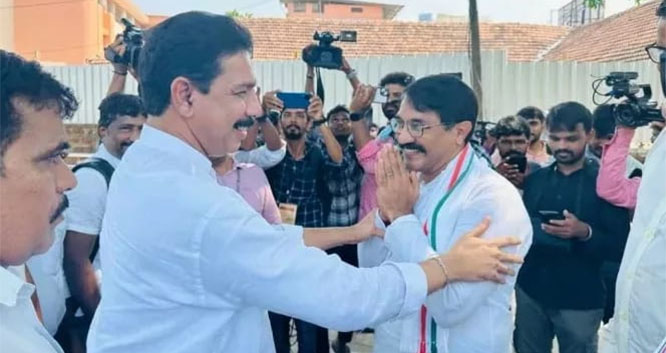
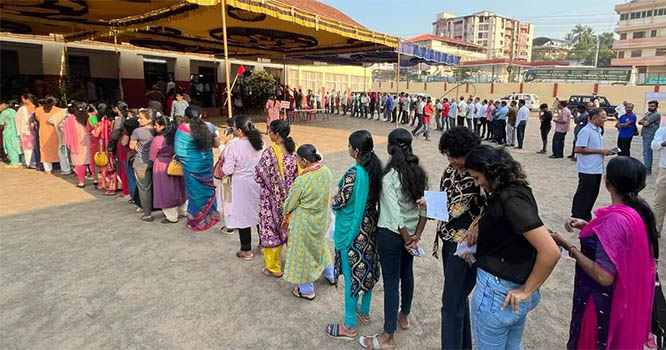
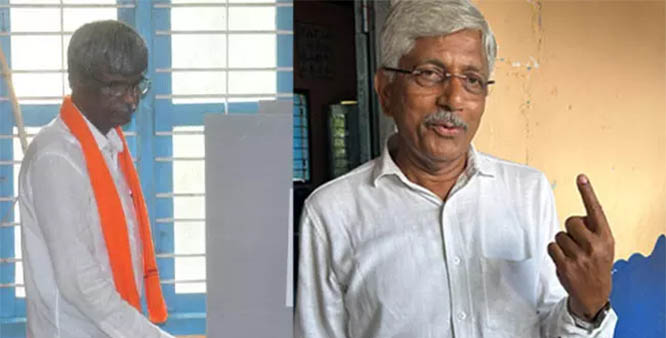
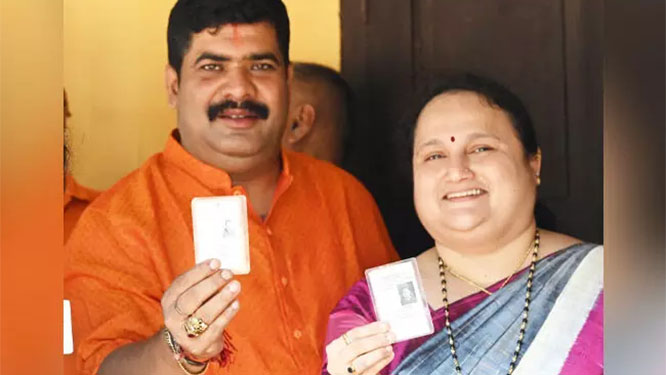
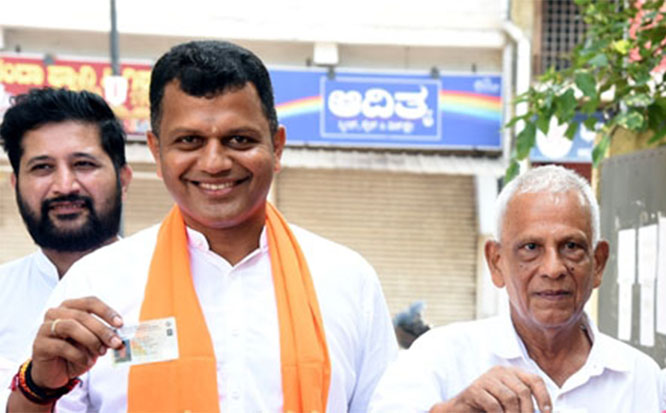
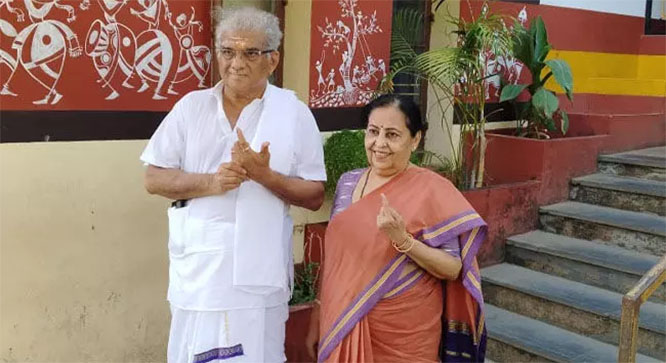
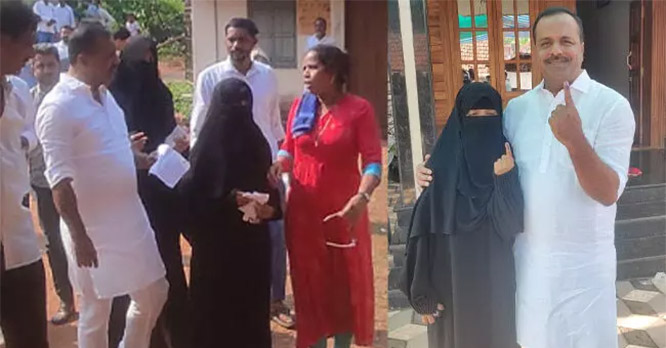
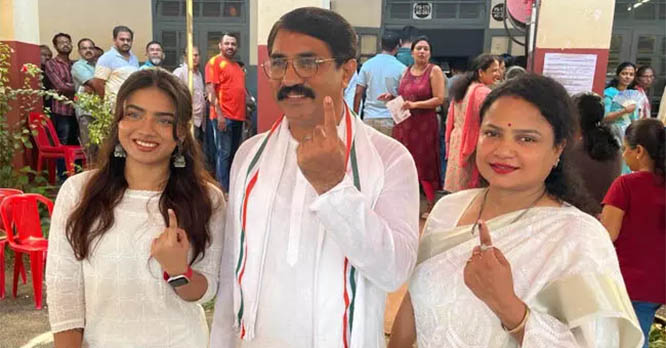
Comments
Add new comment